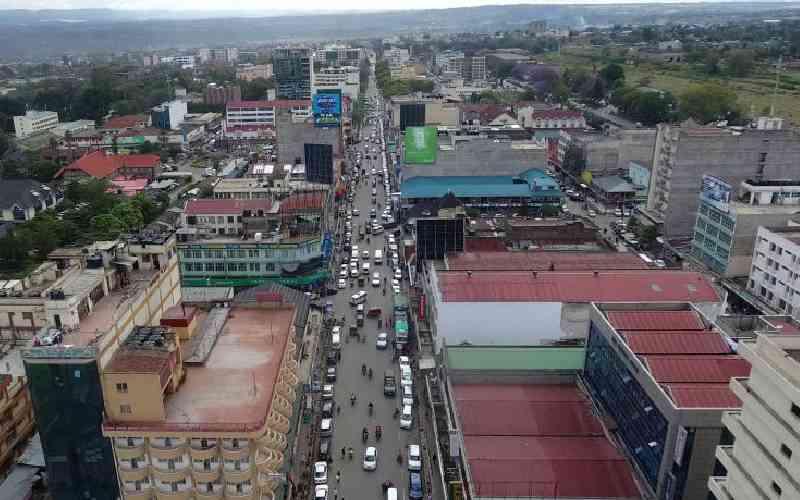×
The Standard e-Paper
Kenya’s Boldest Voice

Nakuru County is on the road to regain its previous status as a vibrant industrial hub, with two major industrial parks in the pipeline.
In the past three decades, Nakuru City has experienced slowed manufacturing activity and a sharp decline in industries, resulting in thousands of people being rendered jobless with a ripple effect of higher poverty levels.